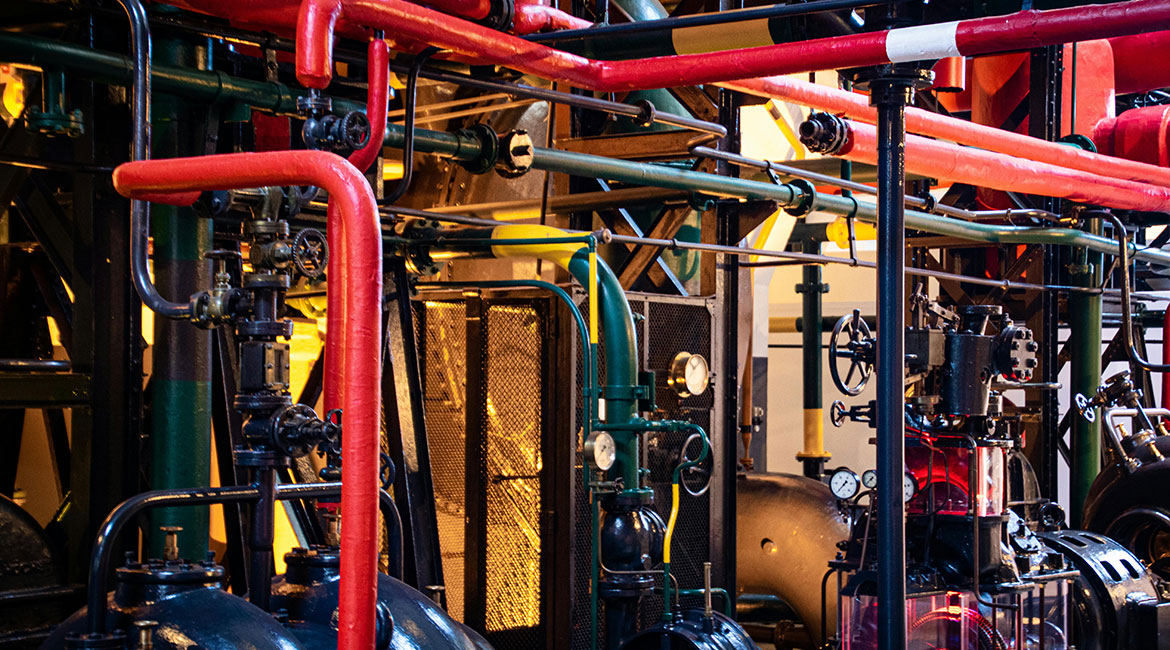Modern industrial factory construction encounters several significant barriers that affect the pace and feasibility of new projects.
While some of these barriers may be difficult to address, others can be overcome with strategic planning and innovative approaches. Let’s take a brief look at these barriers and potential solutions.
Addressing labor shortages through training and technology
One of the most pressing issues in factory construction is the shortage of skilled labor. The construction industry relies heavily on transitory labor, which constitutes about 25% of the workforce. Changes in immigration policies can lead to labor shortages, driving up wages and making it difficult to find skilled workers. To overcome this barrier, companies can invest in training programs to upskill existing workers and attract new talent. Additionally, leveraging technology such as automation and robotics can reduce the dependency on manual labor and enhance productivity.
Mitigating supply chain disruptions with local sourcing and advanced planning
Supply chain disruptions have become a significant challenge for the construction industry. Delays in scheduling the delivery of key materials and logistical bottlenecks can slow down construction timetables. To mitigate these disruptions, companies can adopt local sourcing strategies to reduce reliance on global supply chains. Advanced planning and inventory management can also help ensure that materials are available when needed, minimizing delays and keeping projects on track.
Navigating regulatory and environmental challenges with proactive compliance
Navigating regulatory requirements and environmental concerns can be complex and time-consuming. Compliance with local, state, and federal regulations adds to the cost and duration of construction projects. To overcome these challenges, companies can adopt proactive compliance strategies. This includes engaging with regulatory bodies early in the project planning phase, conducting thorough environmental impact assessments, and implementing sustainable construction practices. By addressing regulatory and environmental concerns upfront, companies can avoid costly delays and ensure smooth project execution.

Reducing high construction costs with modular and prefabricated solutions
Rising costs for materials and labor have made construction more expensive. Developers are often hesitant to start new projects until market fundamentals and the lending environment improve. One effective solution to reduce construction costs is the adoption of modular and prefabricated construction methods. These approaches involve assembling components off-site and transporting them to the construction site for final assembly. Modular and prefabricated solutions can significantly reduce construction time and costs, improve quality control, and minimize waste.
Enhancing project management with integrated and tech-driven approaches
Inefficient project management is another barrier to factory construction. Traditional project execution methods, reliance on bespoke designs, and poor coordination among stakeholders can lead to delays and budget overruns. To enhance project management, companies can adopt integrated and tech-driven approaches. This includes using project management software to streamline communication and coordination, implementing Building Information Modeling (BIM) to improve design accuracy and collaboration, and adopting lean construction principles to optimize processes and reduce waste.
Leveraging public-private partnerships for funding and support
Securing funding for factory construction projects can be challenging, especially in uncertain economic conditions. Public-private partnerships (PPPs) can provide a viable solution to this barrier. PPPs involve collaboration between government entities and private companies to fund and support construction projects. These partnerships can offer financial incentives, tax breaks, and regulatory support, making it easier for companies to undertake large-scale construction projects. By leveraging PPPs, companies can access the resources and support needed to overcome financial barriers and drive factory construction.
Overcoming barriers in factory construction requires a multifaceted approach that addresses labor shortages, supply chain disruptions, regulatory challenges, high construction costs, inefficient project management, and funding constraints. As the construction industry continues to evolve, embracing innovative solutions and strategic planning will be essential for overcoming barriers and driving successful factory construction projects.
|
by Doğan Erbek and STF Team |




